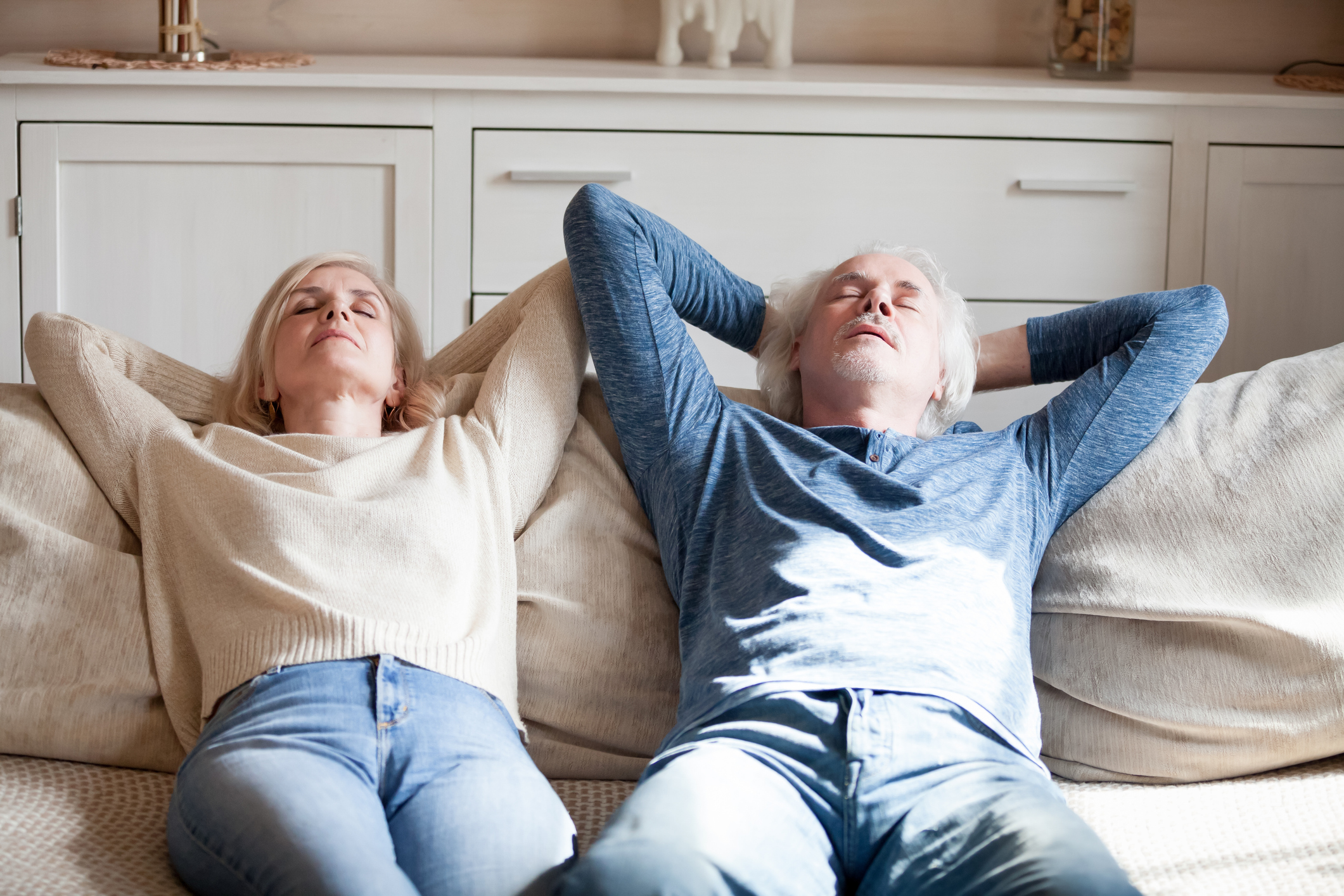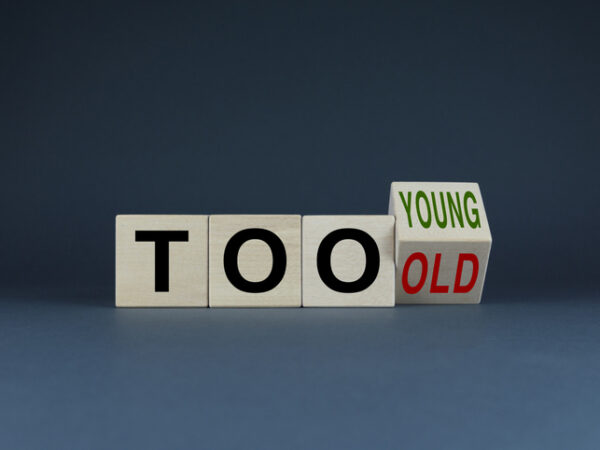Each morning the media conveys very little in the way of positive or optimistic news and the events of recent months is taking a toll on everyone despite efforts to stay busy, connect with others or find meaning in daily life. It is no surprise that according to recent studies gleaned from sleep tracking devices, the pandemic has had a negative effect on sleep quality.
Whether it’s due to lack of physical activity, stress and worry or too much alcohol interfering with a restful night’s sleep, it is possible to get your body back on track. We need a good night’s sleep to help regulate mood and support a strong immune system more than ever as we slowly start to rejoin the outside world.
According to the Huffington Post UK, people are staying up later at night and sleeping in a bit longer in the morning. Many report waking up in the middle of the night with worries replaying in their minds and because people have been drinking more alcohol during quarantine, restorative REM sleep is inhibited. A recent Italian sleep study also found that people with depression, anxiety or stress were more likely to have poor sleep quality. But, contrary to earlier studies, the use of digital media close to bedtime did not appear to influence sleep habits during quarantine.
In order to get back to a more normal schedule, experts advise people return to set sleep and waking hours, using an alarm clock if necessary to get up at a more regular time. Spending time outdoors during daylight hours can not only provide a dose of Vitamin D, but it can also help individuals maintain a natural circadian rhythm. Gardening, cycling or walking outdoors can also boost mood and help relieve stress and anxiety while providing a little exercise that can help adults feel more tired and ready to sleep at night.
If the worry cycle starts in the middle of the night, it may be helpful to keep a pen and paper at the bedside to write down any nagging concerns or to-dos that can be dealt with the next day. Generally, things will seem more manageable in the morning.
Avoid caffeine later in the day and limit alcoholic beverages which may help you fall asleep initially but can also have you waking up more frequently during the night. Keep the bedroom clean, dark and cool and avoid taking long naps, even in the hammock, during the day. A short nap of less than 30 minutes can help recharge the battery without interfering with a good night’s rest.
Learn more about maintaining a healthy sleep schedule in challenging times by following this link to a recent Psychology Today post.






Add Your Voice
0 Comments
Join the Discussion